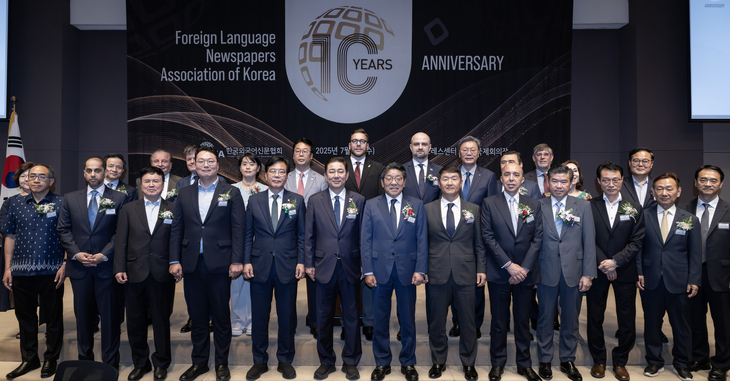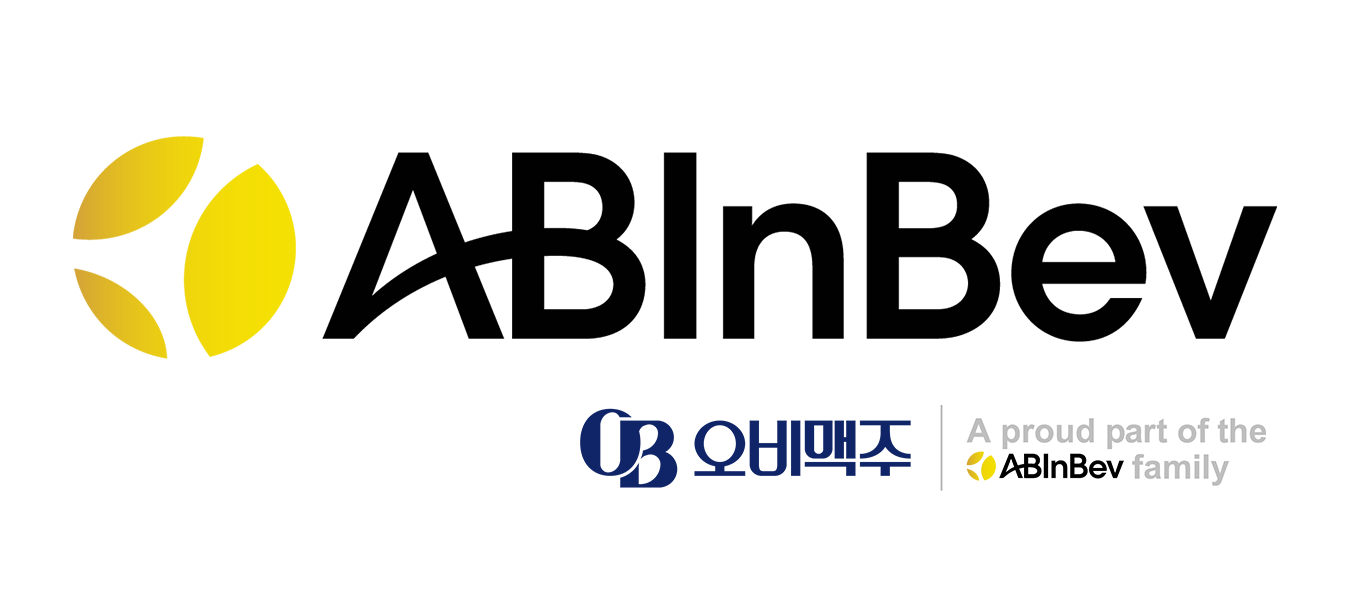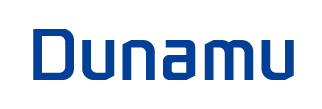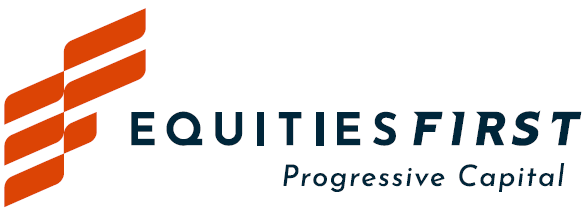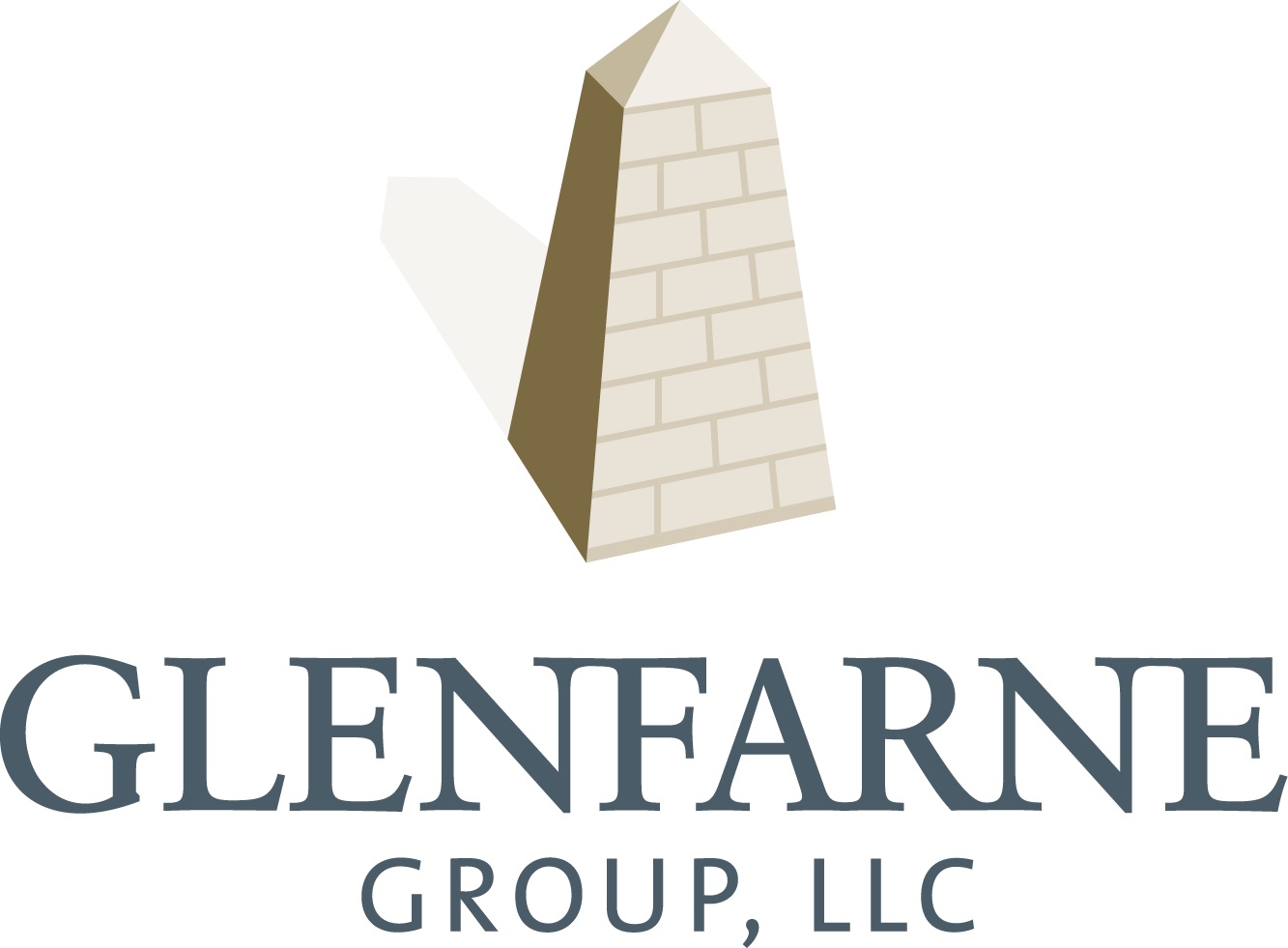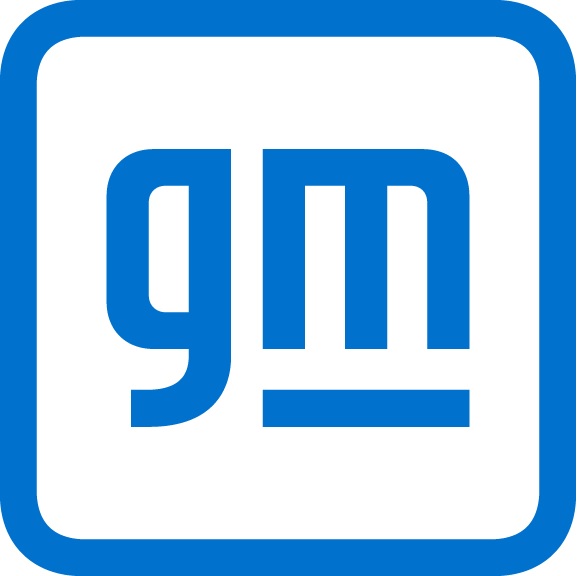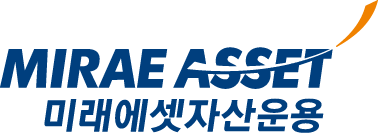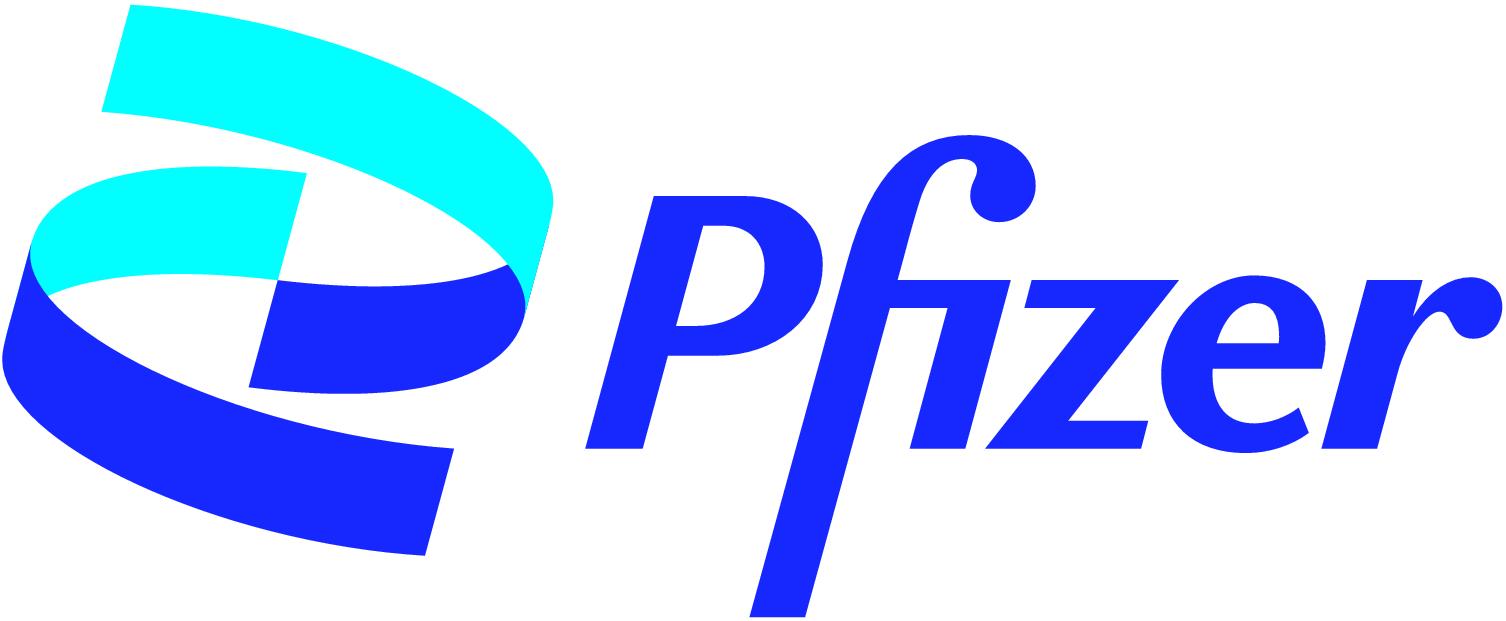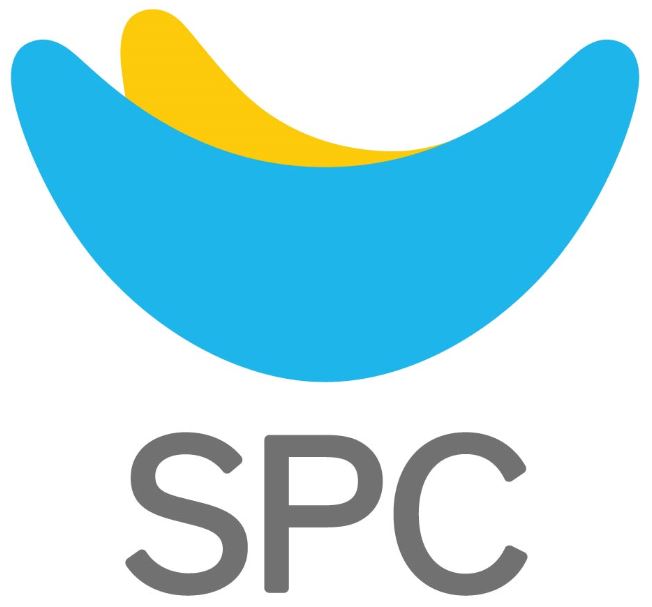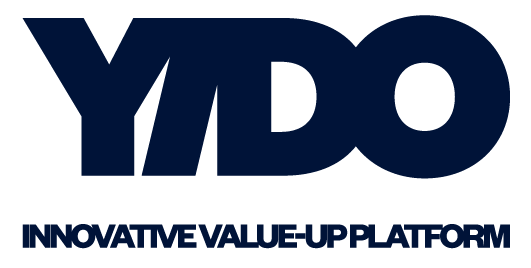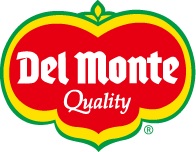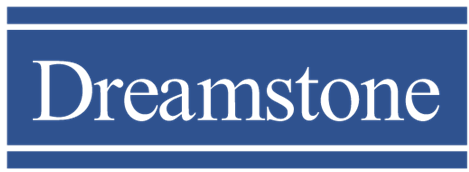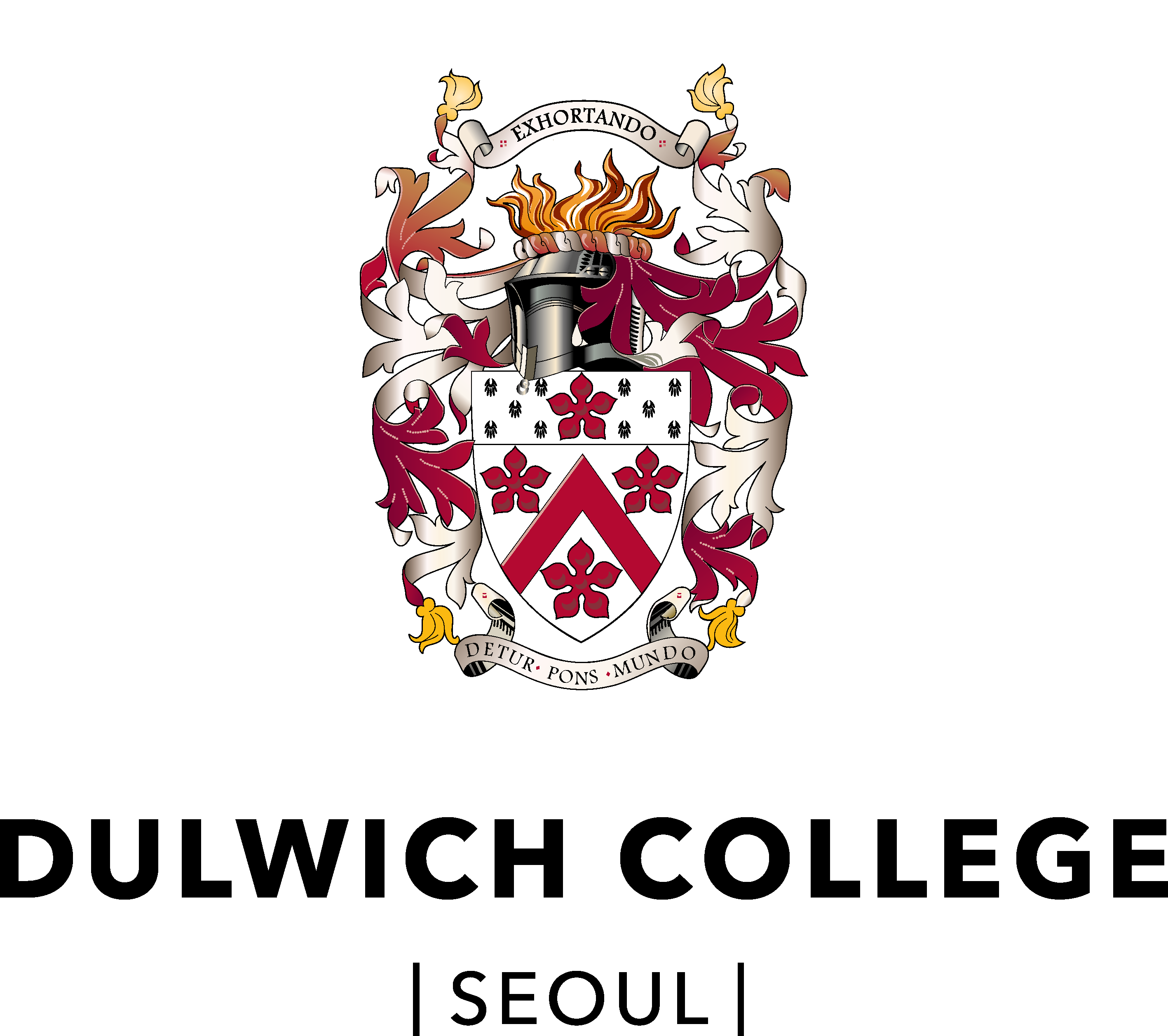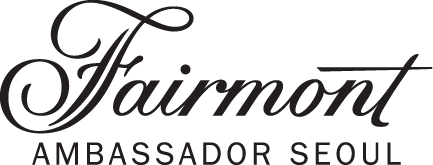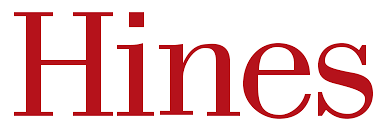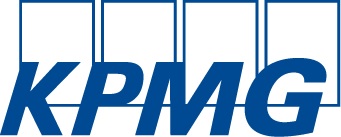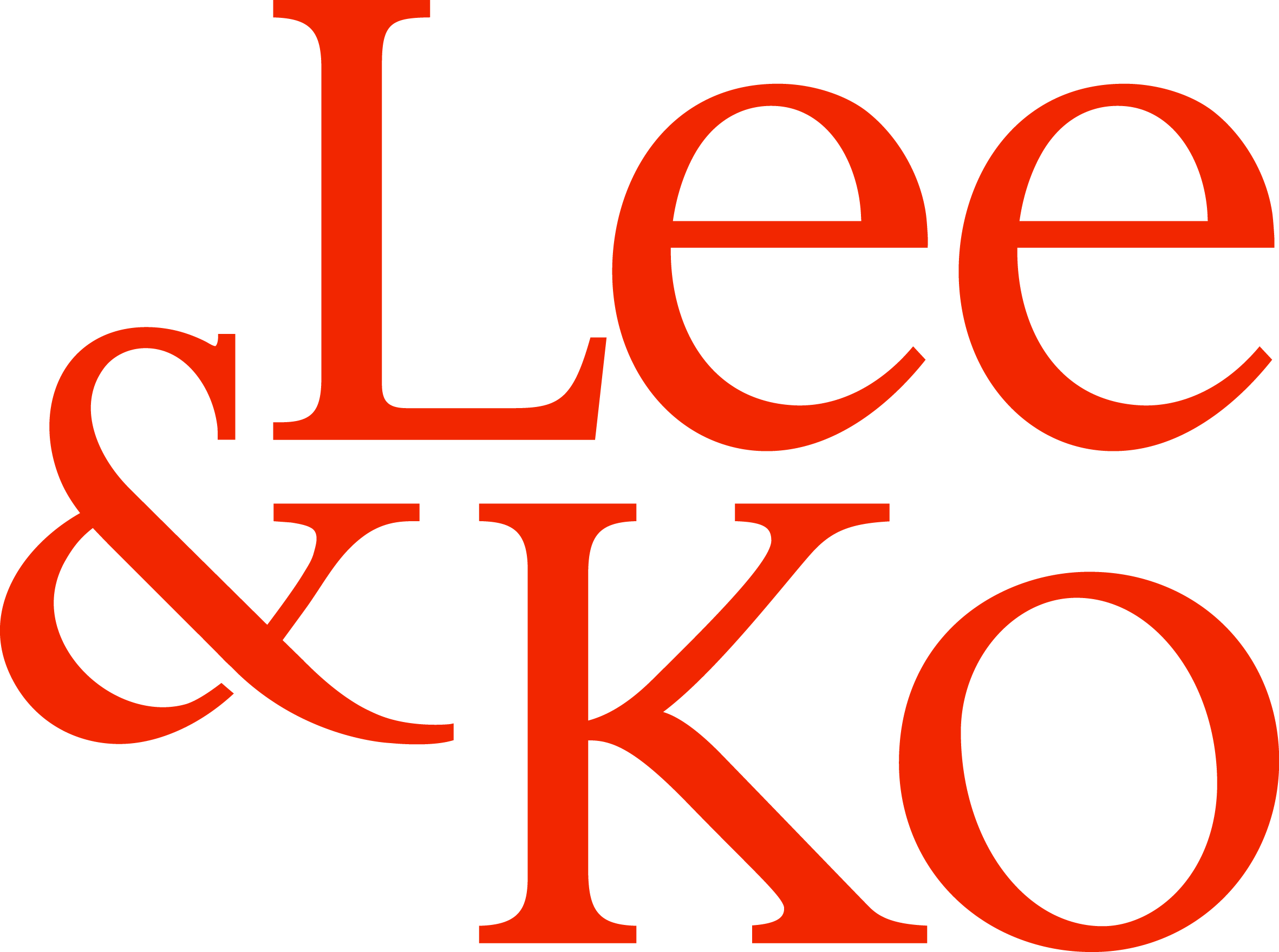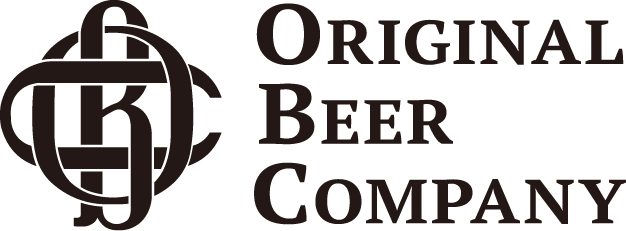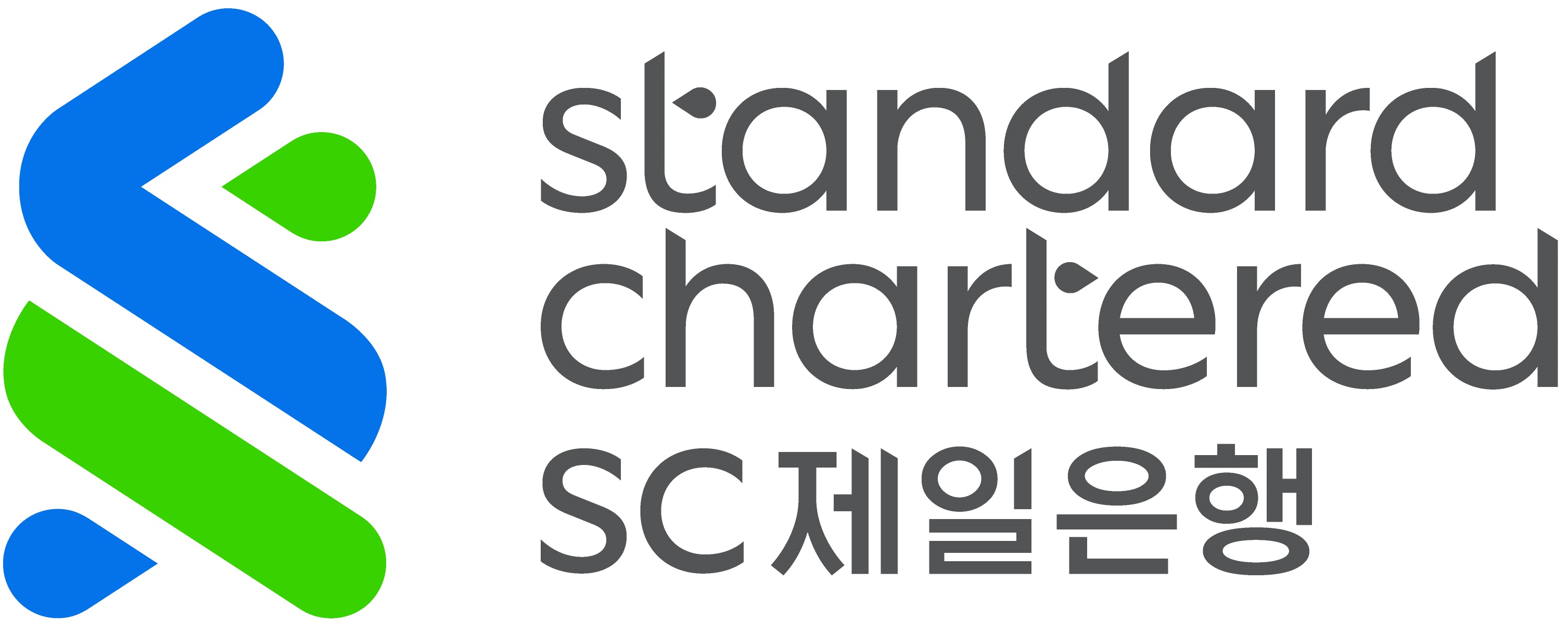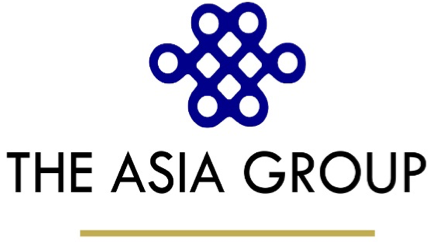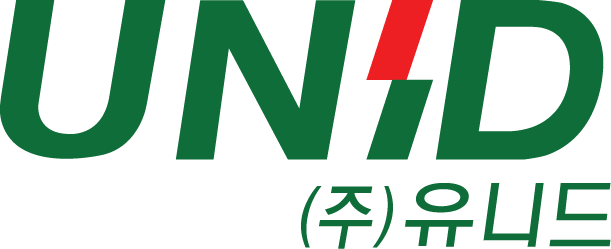Foreign
Language Newspapers Association celebrates decade of partnership
Diplomats, floor
leaders laud Korean foreign-language media's role in connecting Korea to 2.9
billion readers worldwide
By Moon Ki-hoon, The
Korea Herald - The Foreign Language Newspapers Association of Korea celebrated
its 10th anniversary Wednesday at the Korea Press Center in Seoul, bringing
together leading politicians, diplomats, government officials and business
representatives to recognize their achievements in bridging Korea with global
audiences.
The association,
established in 2015, comprises The Korea Herald, The Korea Times, The Korea
JoongAng Daily and Chinese-language Aju Daily. Together, these outlets reach
approximately 1.5 billion English speakers and 1.4 billion Chinese speakers
worldwide through print, online platforms and social media.
"Our role doesn't
end with conveying information — we must create connections and build bridges
of culture and context," said Choi Jin-young, the association's chairman
and CEO of Herald Media Group, which publishes The Korea Herald. "Our duty
is to make Korea's voice heard across the world and bring the world's eyes onto
Korea."
Choi emphasized the
press's evolving responsibilities in an era marked by complex global
challenges, from ethical concerns surrounding artificial intelligence to
ongoing geopolitical tensions.
The event drew
high-profile political figures, including acting Democratic Party of Korea
leader and Floor Leader Rep. Kim Byung-kee, People Power Party's interim chair
and Floor Leader Rep. Song Eon-seog and Reform Party acting leader Rep. Chun
Ha-ram. Lee Kyu-youn, senior secretary for public relations at the presidential
office, was also present.
In a video message,
National Assembly Speaker Woo Won-shik called the association's member
newspapers "a powerful medium narrowing the distance between nations"
and vital channels for promoting Korean culture globally.
Rep. Kim Byung-kee
stressed the critical need for quality journalism in the information age.
"In this era of information overload, the role of media with expertise and
a sense of mission is more important than ever," he said.
Rep. Song Eon-seog
highlighted the strategic importance of foreign language media. "In this
age of information warfare where speed often eclipses truth, ensuring Korea's
voice is communicated clearly and accurately on the world stage has never been more
critical," he said.
Rep. Chun Ha-ram shared
a personal anecdote about relying on foreign language newspapers during his
early television appearances, particularly when searching for English
translations of Korean political terms.
Lee Kyu-youn praised
the association's decade-long work in presenting Korean society's issues to
global audiences. "Thanks to your professionalism and sense of mission in
delivering our society's diverse voices in a balanced way, Korea's national standing
has been elevated," he said.
Rep. Kim Kyo-heung,
chairman of the National Assembly's Culture, Sports and Tourism Committee, who
could not attend, sent written congratulatory remarks praising the
association's contributions.
The diplomatic
community turned out in force, with ambassadors and representatives from around
28 countries attending the ceremony. The delegation included Moroccan
Ambassador to Korea Chafik Rachadi, who serves as dean of the diplomatic corps.
Also in attendance were (in alphabetial order of countries): Brazilian
Ambassador to Korea Marcia Donner Abreu; Chilean Ambassador to Korea Mathias
Francke Schnarbach; Chinese Ambassador to Korea Dai Bing; Georgian Ambassador
to Korea Tarash Papaskua; Peruvian Ambassador to Korea Paul Fernando Duclos
Parodi; Honduran Ambassador to Korea Rodolfo Pastor Fasquelle; Kazakh
Ambassador to Korea Nurgali Arystanov; Thai Ambassador to Korea Tanee Sangrat;
Qatari Ambassador to Korea Khalid Ebrahim Al-Hamar; Serbian Ambassador to Korea
Nemanja Grbic; and Charge d'Affaires of the Philippines Edwin Gil Mendoza.
In his speech, Moroccan
Ambassador Rachadi drew parallels between Morocco's media landscape and Korea's
role in global communications.
"Just as Morocco
stands at the geopolitical crossroads between Africa and Europe, the Foreign
Language Newspapers Association stands as the conduit between Korea and the
world," he said.
Chinese Ambassador Dai
Bing also delivered congratulatory remarks on behalf of the Chinese-speaking
community.
"We stand ready to
support deeper exchanges between Chinese and Korean journalists," he said.
"We welcome Korean reporters to visit China — whether to conduct
interviews, attend events or simply explore."
James Kim, chairman of
the American Chamber of Commerce in Korea, stressed the practical impact of the
organization's work on global commerce.
"Many American
companies and their CEOs rely on your work to understand the Korean market and
navigate it properly," he said. "In fact, they use your information
to relay to their headquarters."
The association honored
five journalists and members with Chairman's Awards during the ceremony. The
Korea Herald's Ji Da-gyum received recognition for her foreign affairs
expertise, while The Korea Times' Im Mi-young and Shin Jin-young were praised
for organizing forums that promoted Korean content globally. Yim Seung-hye from
The Korea JoongAng Daily was honored for her K-entertainment coverage and
contribution to newsroom innovation. Aju Daily's Lee Ah-hyun was recognized for
making Korean economic policies accessible to Chinese readers.
Each award winner
received a plaque, cash, and wine, which was gifted by Chilean Ambassador to
Korea Mathias Francke Schnarbach.
The association also
announced that four journalists would receive the Seoul Mayor's Award for
promoting the capital city globally: Kim Jae-heun from The Korea Herald, Park
Han-sol from The Korea Times, Yoon So-yeon from The Korea JoongAng Daily, and
Jin Se-na from Aju Daily.
Kim Chang-beom, vice
chairman of the Federation of Korean Industries, offered the closing toast with
wit: "May their headlines be always impactful, their storylines more
compelling and their deadlines hopefully manageable."
Source: https://www.koreaherald.com/article/10528089




